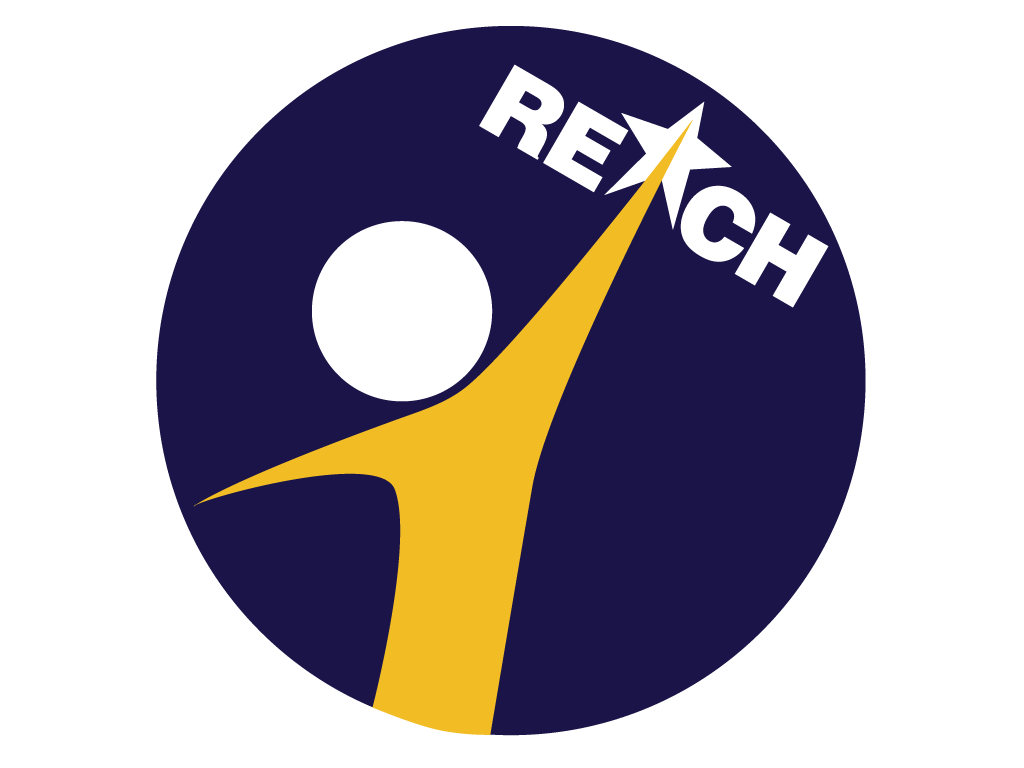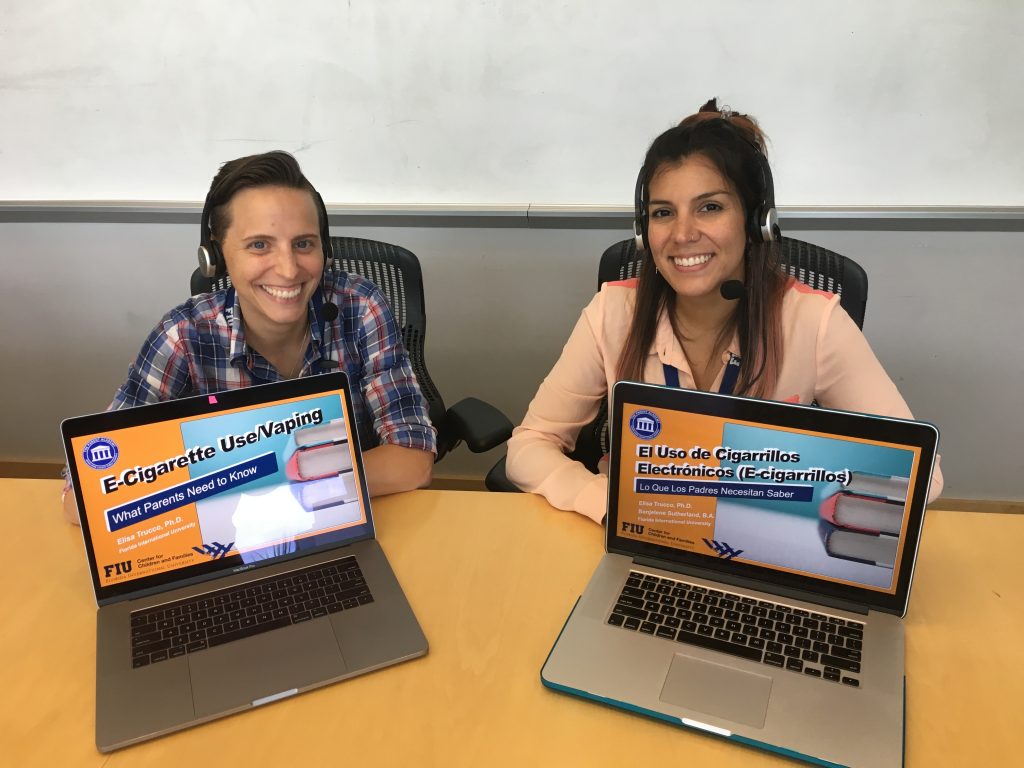25 Sep 11 Deaths Linked to Vaping Nationwide, While Cases of Severe Vaping-Related Lung Illnesses Climbs to 530
News of vaping has recently inundated the media, seemingly an indication of the uncertain future of e-cigarettes. The latest reports indicate that there have been 11 deaths nationwide linked to e-cigarette use, and the Federal Drug Administration and Center for Disease Control is currently investigating 530 cases of severe lung illness linked to vaping. The eleven deaths reported so far have been in California, Kansas, Illinois, Indiana, Minnesota, Missouri, Oregon, Florida, and Georgia.
The New York Department of Health investigated open cases in their state, testing nicotine and cannabis vape products, and have focused their investigation on vitamin E acetate after discovering extremely high levels of this chemical in “nearly all cannabis-containing vaping products that were analyzed”. According to the department, none of the nicotine-only products contained vitamin E acetate. This finding seems to be extremely relevant in the New York cases, as each person who submitted a product for testing in the state after becoming ill had at least one e-cigarette product containing this product. However, although all the New York cases that submitted their products reported use of at least one cannabis vape device, not all of the 530 severe cases currently being investigated have used e-cigarettes with cannabis products. It is worth noting that in their initial statement, although the FDA and CDC mentioned the potential link between e-cigarettes containing cannabis products and the ongoing investigation into the cases of severe lung illness, they were clear that not all the cases reported using these products. FDA spokesman, Michael Felberbaum, said in an emailed statement that “no one substance, including Vitamin E acetate, has been identified in all of the samples tested. Importantly, identifying any compounds that are present in the samples will be one piece of the puzzle but will not necessarily answer questions about causality.”
The fear behind the escalating cases of severe lung disease is especially magnified concerning teen users, as their age group vapes the most and are continuing to increase their rates of use as the years go on. News stories from Texas, Illinois, and Pennsylvania have put the spotlight on three teenagers who suffered from this grave disease, two of which had to be placed into medically induced comas. For two of the cases, it seems the adolescent boys had been using e-cigarettes for at least a year and a half. As of now, it is still unclear how many of the 530 cases involve underage adolescents, or the length of time each individual had been using these products, but it’s safe to assume we’ll get more information in the weeks to come.





















